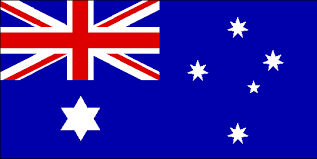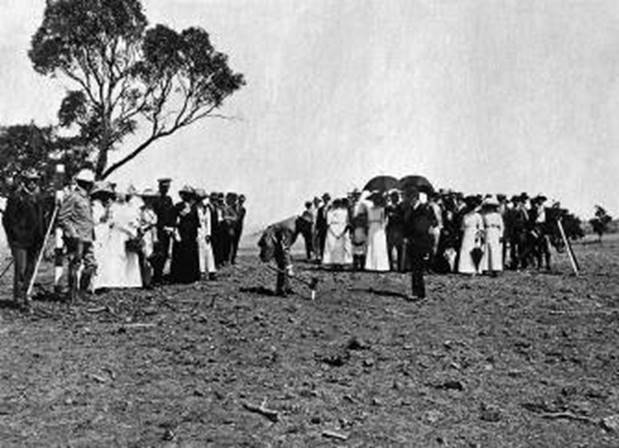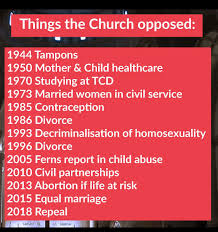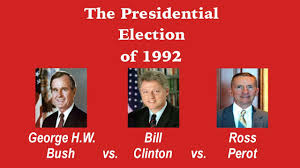1903 London, Vexillology: King Edward VIII’s royal approval for the Australian flag was gazetted. In the Federal Flag competition there had been more than 32,000 entries. The entry selected was derived from five virtually identical submissions, two from teenagers. The five shared the prize money. Over the years, as committees must, the points on the stars have been tweaked.

1913 Canberra: History: King O’Malley, a larger than life American immigrant, drove the first peg to mark the layout of Canberra, a new capital for a new county. A biography of O’Malley is discussed elsewhere on this blog. Click on.

1962 Space, Technology: John Glenn piloted Friendship 7 in orbit, and made that comment about the lights that no one ever mentioned again. He spent five hours in orbit before safely splashing down in the Atlantic Ocean. We watched some of it in the high school auditorium. Glenn was one of the original Mercury Seven, and later a U.S. Senator from Ohio when Republican Senators acted like Senators and not shills.

1985 Dublin, Society: The Irish government made the sale of contraceptives legal. The measure had been steadfastly denounced from the Archbishop’s palace, which had been for decades the seat of rule in Ireland in all but name. Some say this is the first time an Irish government defied the expressed direction of the Roman Catholic Church. Charles Haughey was the Attorney General who drove the change. He was Irish Prime Minister on three occasions, each marked by crises and scandal, but he continued. The local press referred to him as the Great Houdini for his ability to escape defeats that would have crushed anyone else. The parliamentary vote was 83 – 80. The list below puts the matter into context.

1992 New York City, Politics: Businessman Ross Perot announced that he would run for president. He split the vote in November, benefitting Bill Clinton. He was a stimulating and refreshing candidate without a pretension to his name. His three objectives were (1) a balanced budget, (2) ending the export of jobs through out-sourcing, and (3) direct electronic democracy on local issues. He won nearly twenty per cent of the popular vote. He had no interest whatever in foreign policy and said so.

Skip to content
